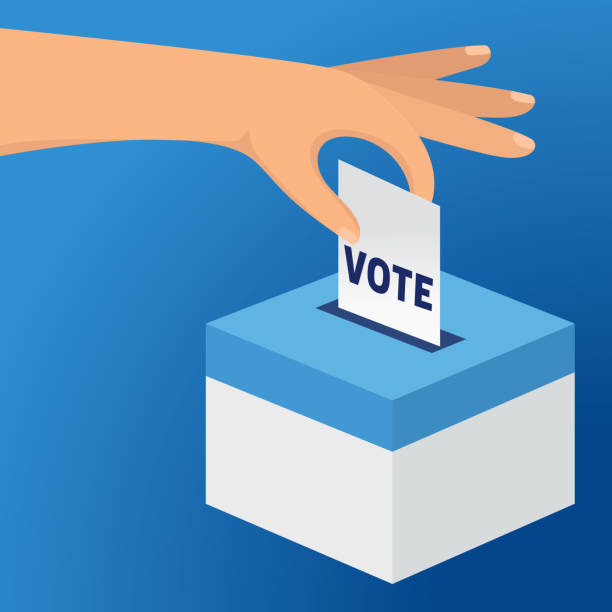
W Edwards Deming once wrote that “Without data, you’re just another person with an opinion.” Maybe a closer look at the figures of the last election will take us beyond opinions. Even great scientific minds like Galileo Galilei believed in the power of mathematics to understand concepts or seek the truth. He famously wrote “mathematics is the language with which God has written the universe.”
The October 12, 2025 Presidential election and the result is long behind us though tension and the dust raised in the post election period is yet to fully settle. Despite this, our editorial team decided to take a look at the numbers (data representation) of the last presidential elections and what they tell us in fine details.
Ok let’s leave all these mathematic language aside and take a close look at some data from the last elections and about Cameroon.
- Cameroon’s Population – Over 30 million by November 20252.
- Registered voters by October 12, 2025 – 8,082,6963.
- Voters turnout – 4,668,4464.
- Number of registered voters hat voted for the president of the Republic – 2.,474,179 .
- Median age in cameroon – 18 years.
With this key numbers established let’s dive into some interpretations
- Percentage of electorate that participated in the voting(turnout rate) – 57.76%
- Percentage that voted for president amongst the turn out voters – 53.66%
This shows that of the 30 million Cameroonians;- only 8,082,696 registered to vote (let’s forgot the dead persons on the electoral register) this will mean only 37 % of the total population are on the electoral list.
.Of the 8,082,696 that were on the electoral list, only 4,668,446 actually voted for any of the 12 candidates ( forget about ballot stuffing). So this represents 57.76% of those that registered that actually voted in the election.
This number 4,668,446 is out of a total population of 30,000,000 Cameroonians. That means only 15.60% of Cameroonians actually voted including those ballots that were stuffed.
Then let’s look at those that voted for the president of the Republic, 2.,474,179 which represents 8.25% of the total population. That is the popularity of our head of state. Out of a population of 30 million, only 2.5 million cameroonian voted for the president, meaning the remaining 27.5 million did not vote for for the president, or he is not their choice.
.Now another fact established is that the middle age in Cameroon is 18 years. This will mean the age of every Cameroonian taken into account and divided by the general population. That is to say there are equally about 15 million Cameroon below 18 years as they are above 18 years.
Statistics also show that more than 60% of Cameroonians are below 25 years of age. Taking the bar up a notch it will show that 83.60 % of Cameroonians are below 40 years of age.This simply means if you are above 40 years and a Cameroonian then you make up less than 17 % of the general population.
Demographic projections put the number of Cameroonian above 20 year ( the legal age to vote in Cameroon) at about 50% of the total population. Which means we are supposed to have over 15 million registered voters in Cameroon. This shows a huge voters apathy when you look at the number of registered voters on the electoral list.
When it comes to elections and their legitimacy, such legitimacy it should be made clear is not decided on polling day itself or by the election result but is derived from a process that includes the registration process for the election, election campaign, the election itself ( how transparent free and fair it was) and the aftermath ( post election period, how the result is received)
Hangala Siachiwena and Chris Saunders pose these questions in an article published in the Journal of African Elections – JAE 2021 V20 titled ” Elections, legitimacy, Democratic consolidation in Southern Africa.”Do those who lose at the polling booth reject the system or become reconciled to the outcome, hoping to do better in the next election? If the latter, does this mean that at least to some extent, they accept the legitimacy of the process? They reasoned that if they don’t, it brings up questions mark about the legitimacy, and whether citizens can use elections to hold their leaders accountable.
The case of Cameroon is interesting, how legitimate is the process when you look at this figures? The law does not required the president of the republic to be voted a majority of Cameroonians, instead the candidate with the highest votes whether 15% or Less wins the poll and will govern even if it’s a small percentage of the population that approves it.

